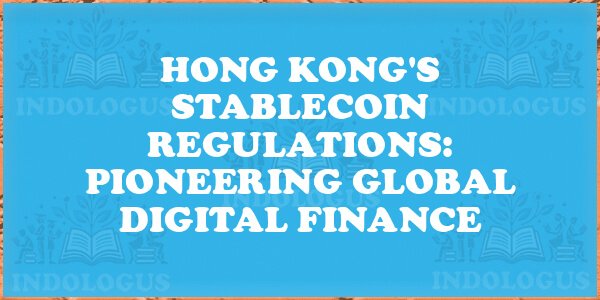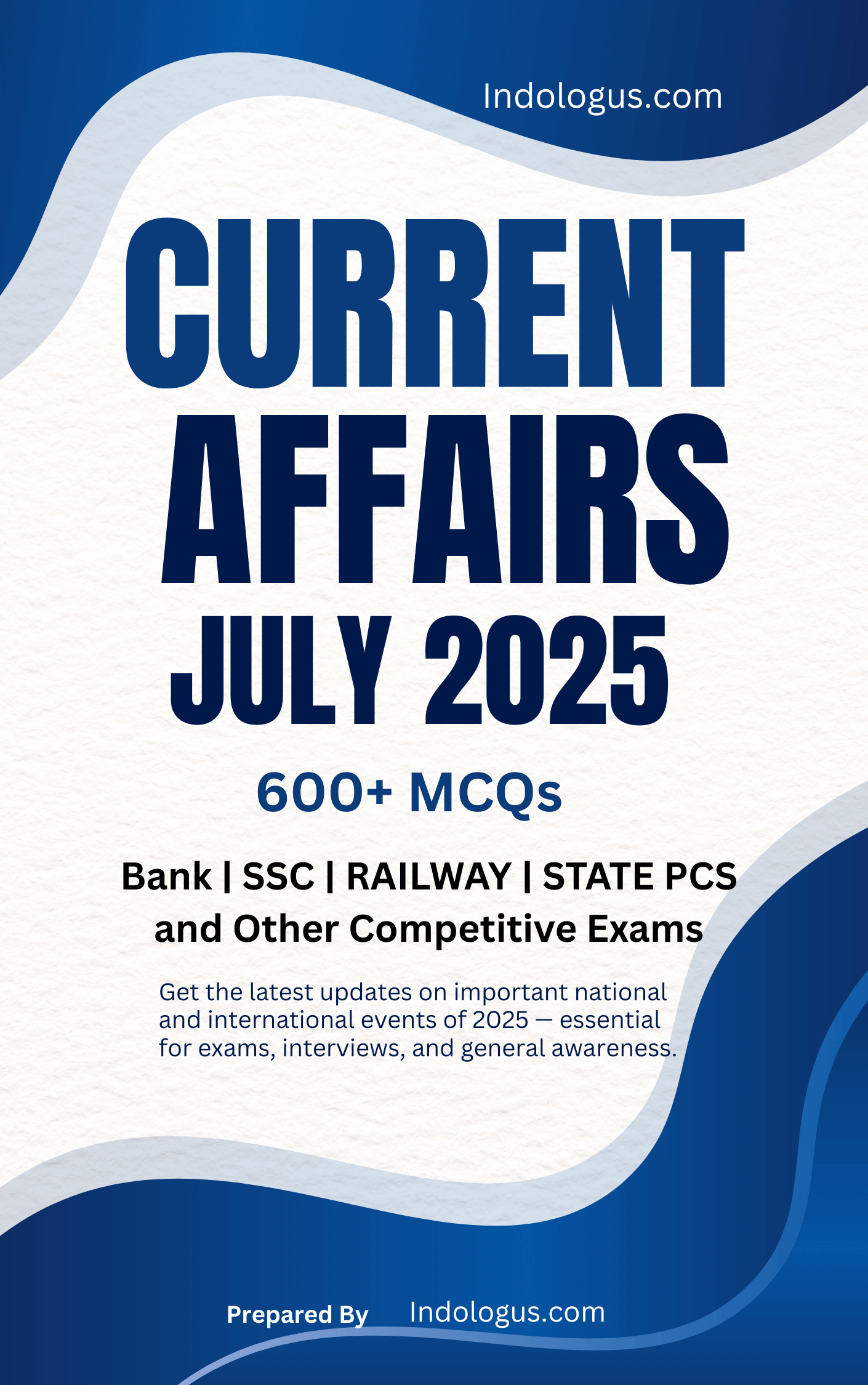Hong Kong has introduced stablecoin regulations, setting the stage to lead in digital finance globally. The regulations require full reserves and selective licensing, solidifying the city’s aim to become a key player in the digital financial landscape.
Full-Reserve and Licensing Framework
- Reserves: Stablecoin issuers must maintain full reserves in high-quality, liquid assets for stability and public trust.
- Licensing: A limited number of licenses will be issued, focusing on compliance and operational readiness. Licensed OTC desks will distribute stablecoin liquidity.
Driving Financial Innovation
- Programmable Payments: Smart contracts will enable innovative programmable payments.
- Cross-border Settlements: Efficiencies in cross-border settlements will be enhanced.
- Tokenization of Assets: Real-world assets such as real estate and treasuries can be tokenized.
Global Significance
In 2024, stablecoin transactions reached $27.6 trillion, surpassing Visa and Mastercard combined. Hong Kong’s initiative positions it to establish a robust, secure, and interconnected stablecoin ecosystem, potentially setting a standard for the future of global finance.
Key Takeaways for Competitive Exams:
- Hong Kong’s stablecoin regulations emphasize full reserves and selective licensing.
- The framework aims to drive financial innovation through programmable payments and asset tokenization.
- The city’s efforts could pave the way for a leading role in the global digital finance landscape.




